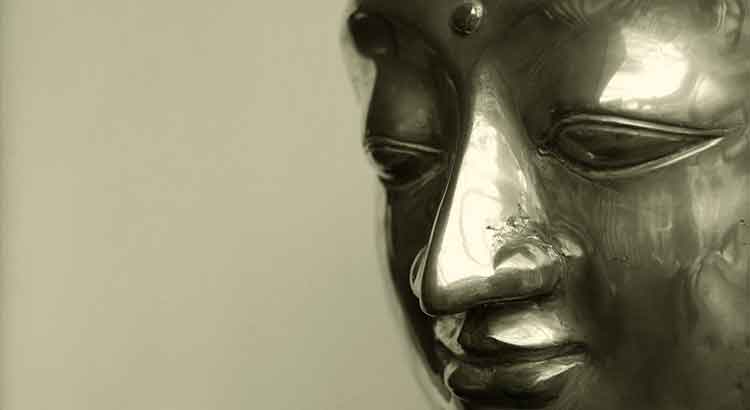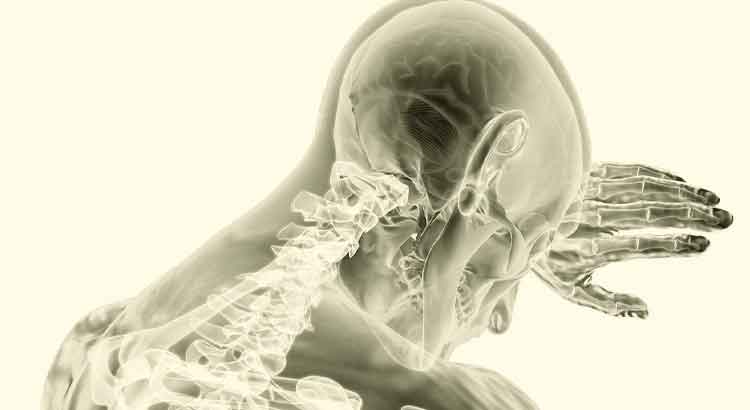Zimmermann already noticed, two centuries in advance, what would be proved theoretically and practically by Frankl:
Une forte résolution et ce désir d’atteindre un grand but peuvent nous rendre supportables les douleurs les plus aiguës.
If, on the one hand, a man seized by emptiness highlights his fragility on a daily basis, a man whose life expresses his inner motivation, whose steps seem to him justified, full of meaning, this man seems of an entirely different kind. It is as if he has, all his life, trained himself for war, for deprivation, and for pain. Nothing seems able to shake him. He has erected, with long and patient effort, an impenetrable psychological fortress. Life has become clear to him, and the same sense of priorities that guides him prevents him from succumbing to the less important. What to the first is the end of the line, to him is a new opportunity for affirmation.



